See, darkness covers the earth,
and thick clouds cover the peoples.
Barbara had a real problem dealing with Christmas this year. The bright lights and the festive decorations were all reminders to her of the joy she should feel this time of year, but could not bring herself to actually experience. Whenever she had a quiet moment to think, she would recall her father, who passed away from complications of COVID-19 earlier this year. Dad had been Christmas for the family. His joy at this time of the year built up to frenzy on Christmas Eve, and rubbed off on everyone around him. This was the first Christmas without him, and Barbara could not begin to have that Christmas spirit without Dad. On Christmas Eve, she had a Zoom call with her children and grandchildren, which helped a little. They had received the gifts she had sent, and that made her feel a little better, but nothing could truly fill the emptiness. Not being able to be with those she looked forward to seeing only made the sadness more palpable. This time of social distancing just left her feeling so alone.
See, darkness covers the earth,
and thick clouds cover the peoples.
Herod was a jealous and insecure man. His authority rested on the good will of the Roman government, and he was always on the lookout for those who would usurp his throne. The truth was, his throne wasn’t all that big a deal to begin with. Jerusalem wasn’t that important in the grand Roman scheme of things, but well, it was his. Three visitors from afar were bad enough to get him feeling uneasy, but when they came asking for the newborn king of the Jews, Herod was furious with jealousy. He was indeed “greatly troubled” and all Jerusalem – at least all the nobility, the ones who mattered – were troubled with him. He put into motion several schemes to defend his position. He interrogated the visitors, he put the scribes and chief priests on the case, he even eventually had all the boys less than two years old murdered. He turned out to be a rather pathetic and miserable king.
Both of these stories are indicative of anything but the Christmas spirit. But, brothers and sisters in Christ, this is what’s out there. I am sure several of you here today resonated with Barbara’s story. And if you didn’t, you probably know someone who would – it’s almost the anthem of 2020. The joy of Christmas is lost on those who have suffered the death of loved ones, or are afflicted with depression, or put up with abuse, or don’t have enough money, or have just received a bad diagnosis of illness, or who haven’t seen their loved ones or hugged their grandchildren in months, or any one of a thousand forms of thick dark clouds that affect us. It’s easy for people to identify with Isaiah’s observation of darkness and despair. And if that’s where you find yourself these Christmas days, then the joy of everyone around you only adds to the misery and sadness that you feel.
To those of us who have had to deal with this kind of feeling, or perhaps are still dealing with it, Isaiah’s words today provide the best comfort we can hope for:
but upon you the LORD shines,
and over you appears his glory.
Out of the darkness that sometimes permeates our lives and our world, God’s light appears. Maybe this doesn’t seem like much comfort to those who are suffering in darkness, but here is what we need to hear: God created light out of nothing at all. The universe was awash in darkness and chaos, but out of that, God brought order and light and everything that exists. Every light that we see: stars, moon, sun, love, grace, forgiveness, and all the rest; all of these have been created by God and are ways that the Lord shines upon us.
Today we celebrate the Solemnity of the Epiphany. An epiphany is a divine revelation into the world of humanity. It’s God doing a God-thing. An epiphany is when God breaks through all the mundaneness of our human condition and destroys the limitations of our fallen world and makes his presence known among us. On this feast of the Epiphany of the Lord, we celebrate our Lord revealing his light to those of us who spend a lot of time observing the darkness.
Wherever you may find yourself on the darkness spectrum right now, the Epiphany of the Lord can be your redemption. Indeed, the Epiphany celebrates that the light that God brings in his Epiphany is a radical transformation. It’s not the paltry comfort of a pat on the back and a “there-there.” It’s not the relatively small comfort of the resolution of all your problems. It’s instead the great opulence of brightly-shining gold and the rich fragrance of the most precious incense. Isaiah says it will be like this:
Then you shall be radiant at what you see,
your heart shall throb and overflow,
for the riches of the sea will be emptied out before you,
the wealth of the nations shall be brought to you.
In the darkness of the created world two millennia ago, magi from the east observed a star rising in the eastern sky. That bright star guided them to the place where they found the newborn king of the Jews. The brightness of that star was nothing compared to the brightness that came into the world with that tiny Child. In Him, God revealed himself as a loving, compassionate God who does not just observe his creation from afar, but rather breaks into our world, takes on our human condition, and redeems us from the inside out. The Epiphany takes hold of the world in the glory of the Incarnation, and that Incarnation reaches its fulfillment in the Paschal Mystery. Christ comes to take on our human form, wipe away our sins, and bring us back to the glory of God for which we were created. That’s the best antidote to the perils of the last year, especially a year like 2020. The Epiphany is a radical transformation of our world and our lives – for the better.
May this new year find us watching for our rising star, and finding light for our darkness in Jesus Christ, the light of the world. May we all find God’s Epiphany in every place we look.
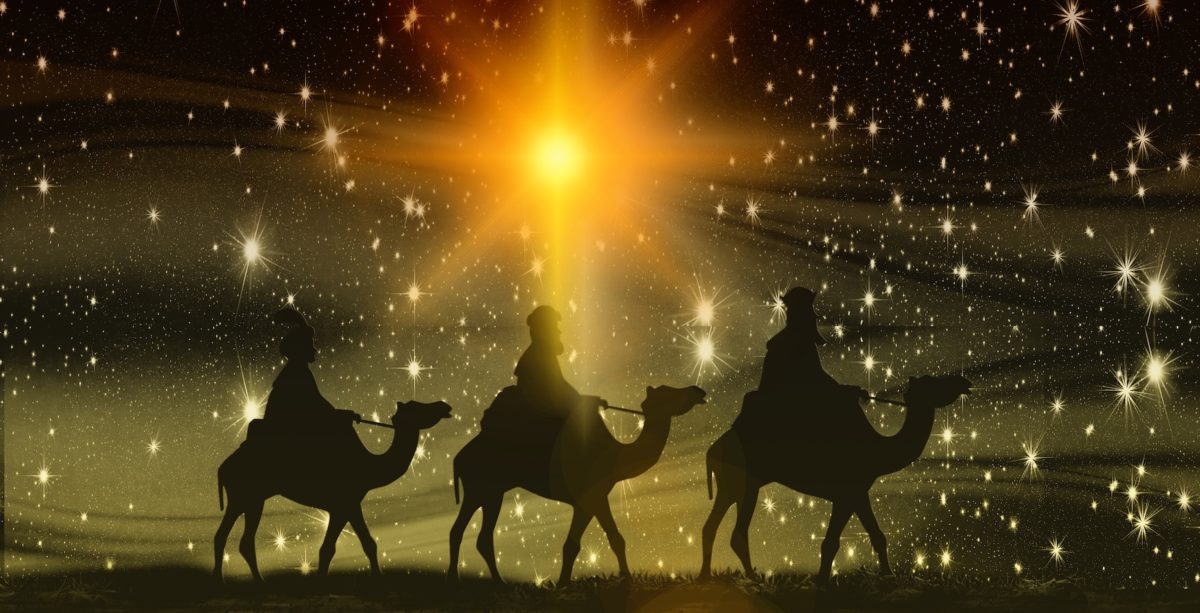
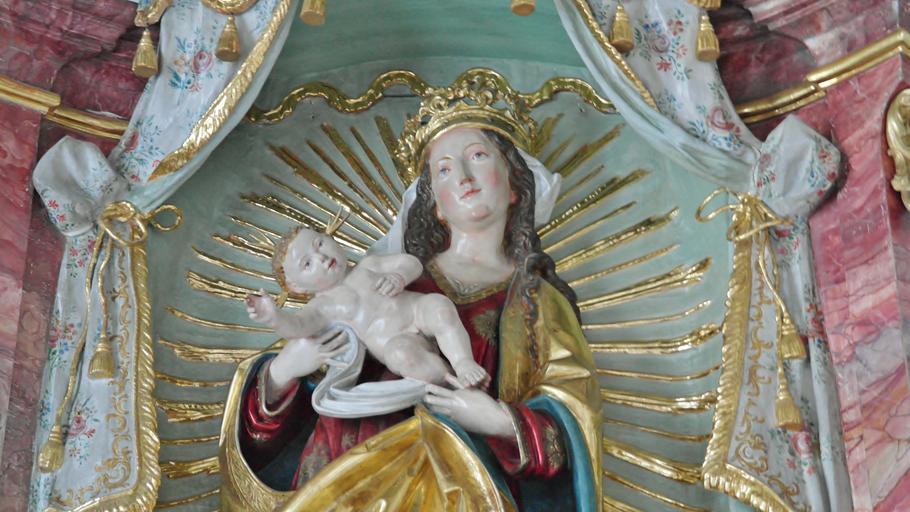
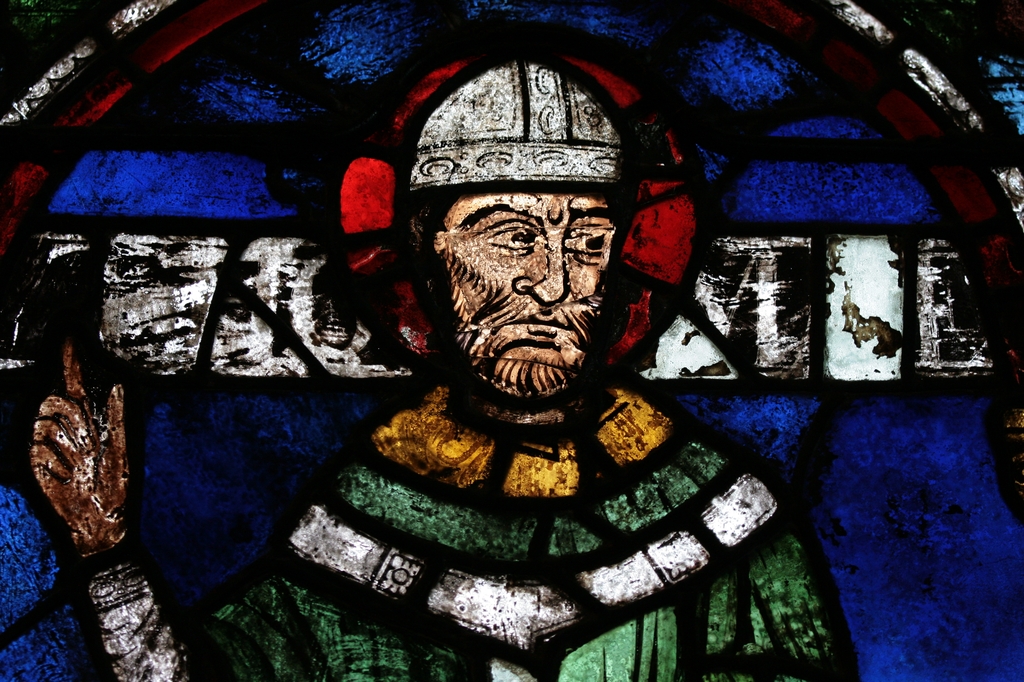
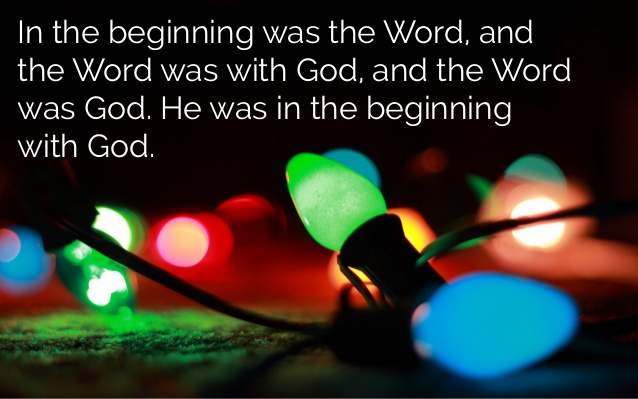
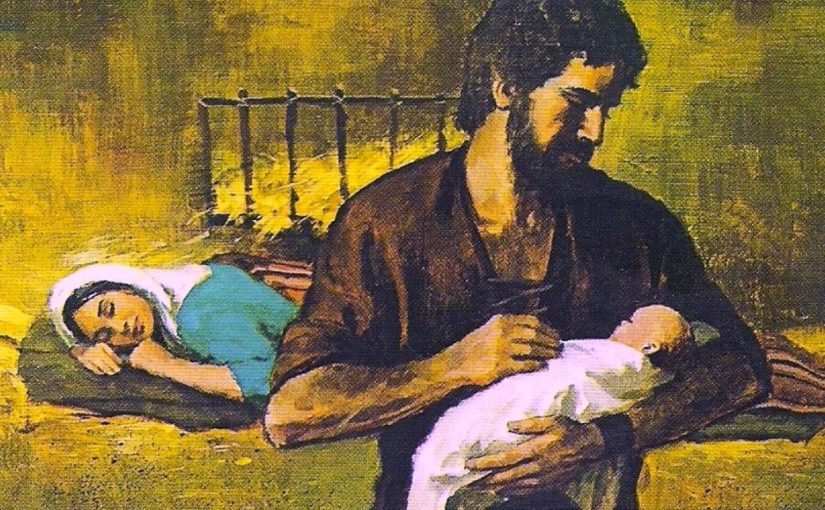

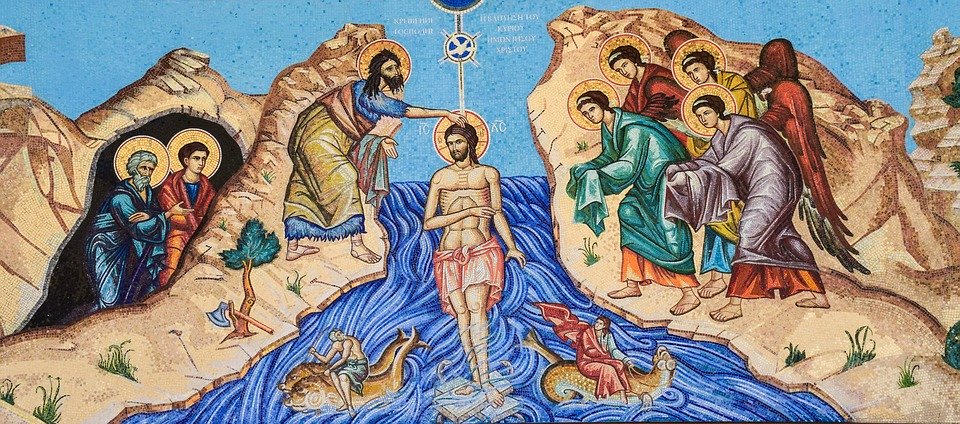
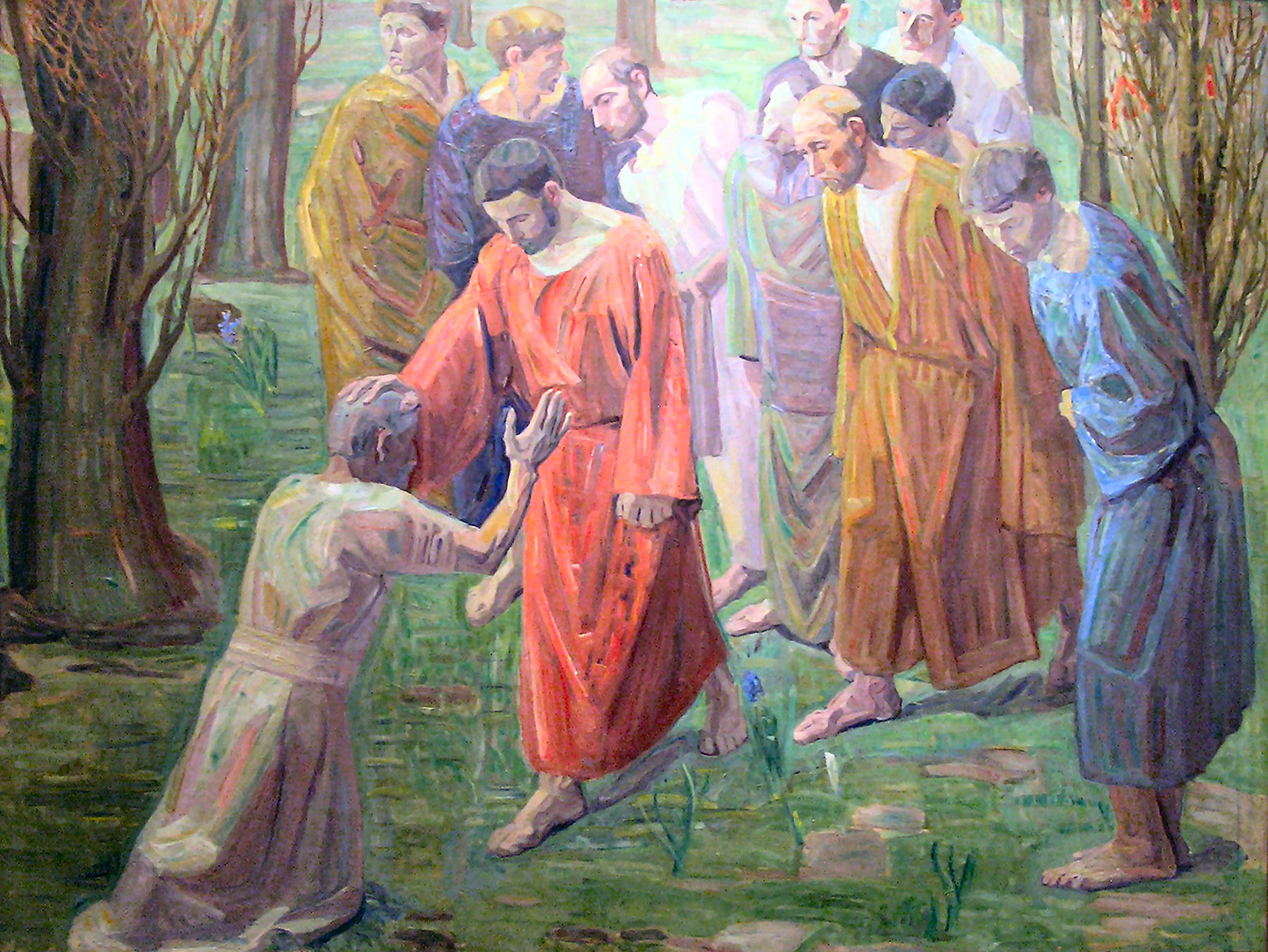
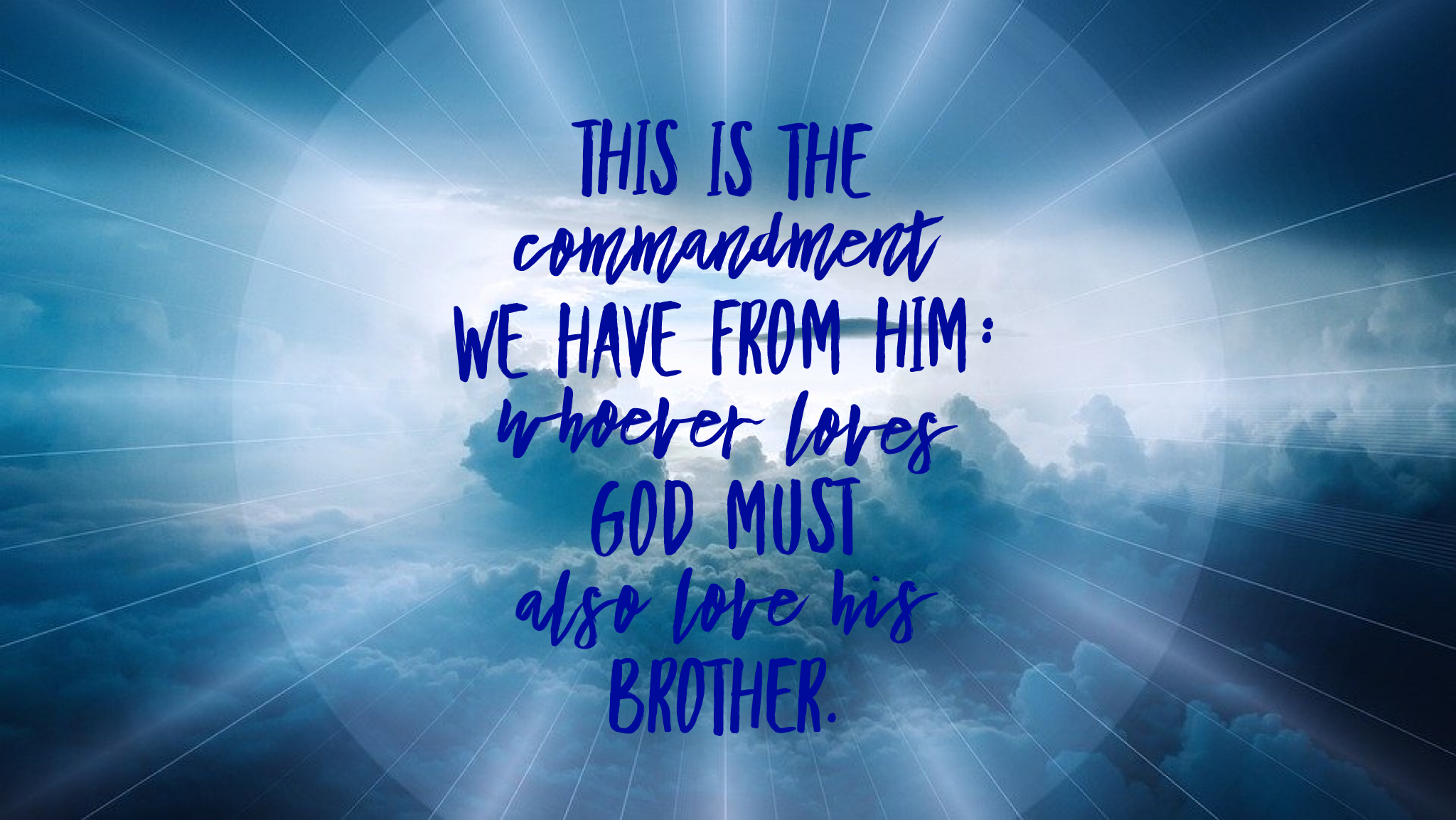
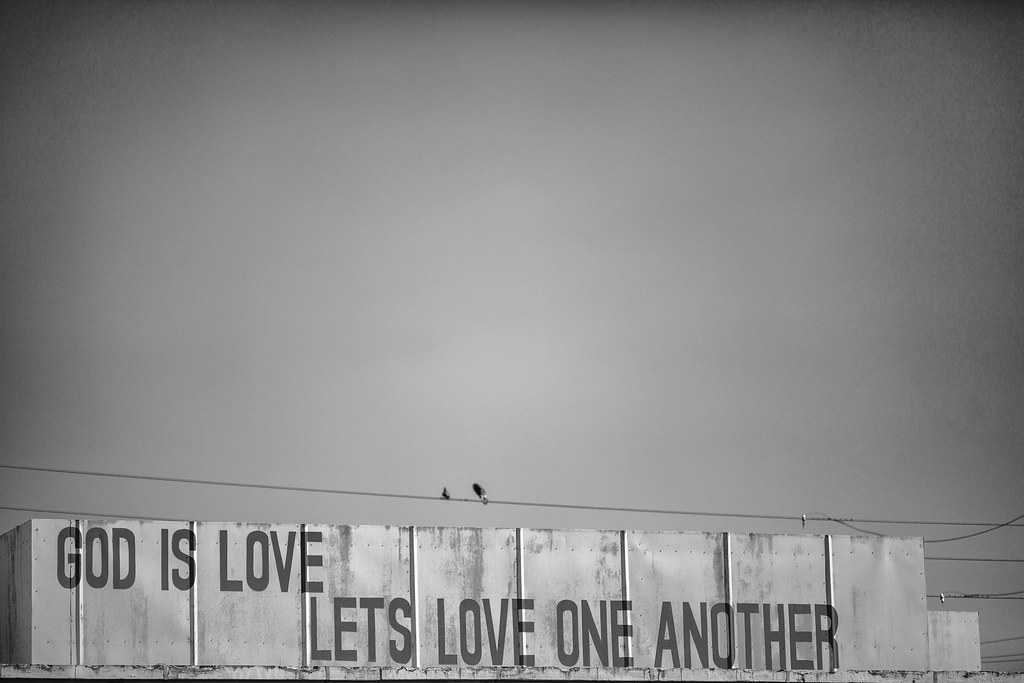
You must be logged in to post a comment.